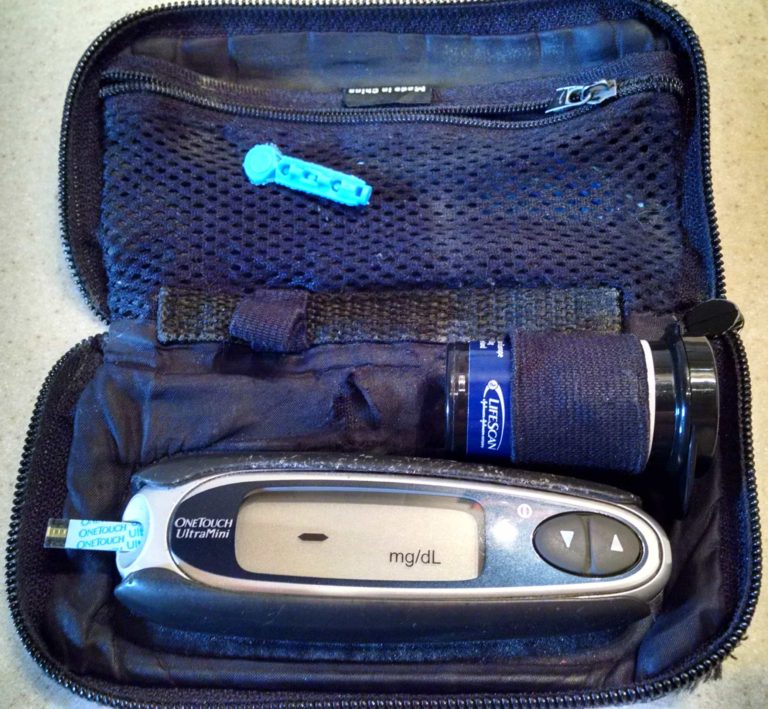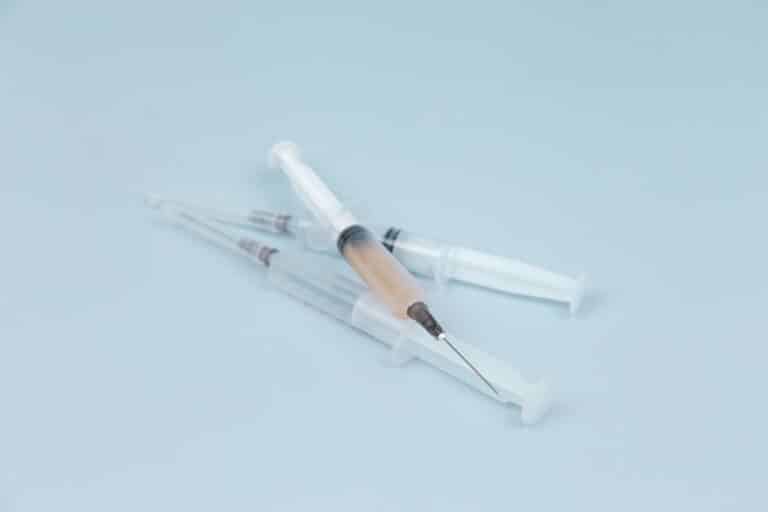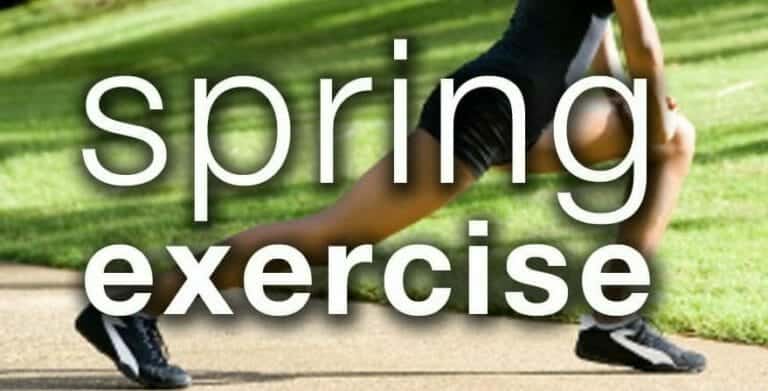Newly Diagnosed with Type 2 Diabetes! What’s Next?
While the fatigue and other symptoms indicated something was wrong, your doctor’s pronouncement that you have type 2 diabetes was a shock. What you need to realize is that it is possible to control your condition. You will need to make some changes, but they will be worth it. Here are some essentials that will get you started if you’ve been newly diagnosed with type 2 diabetes (t2d).
Here are some essentials that will get you started if you've been newly diagnosed with type 2 diabetes #t2d Share on XLearning to Eat in a New Way
One of the key changes you will need to make is the diet. It’s not so much that you have to give up anything; it’s more about making wiser choices, watching portion control, and only allowing yourself certain foods once in a great while.
You’ll use a glycemic index to plan your meals. The goal is to include foods that have relatively few carbohydrates and plenty of nutrients. Even then, you want to focus more on foods that contain complex carbohydrates and more fiber versus foods with simple carbohydrates and less fiber. Many green vegetables are good for this, especially dark green leafy vegetables. You’ll also find that broiled or baked beef, chicken, pork, and fish are good choices for the protein that your body needs.
Changing the way you view portions is also important. Most people have skewed ideas about what constitutes a portion. You’ll need to measure each serving to ensure it’s not too much. In time, you’ll be able to look at food and know how to dish out a single portion of each selection.
Despite popular opinion, you don’t have to give up anything. What you will do is eat some foods less frequently and in smaller amounts. Feel free to enjoy your favorite cake or pie on a holiday; just limit it to one sliver instead of a hunk or slice. Don’t go back for seconds.
Stepping Up Your Commitment to Exercise
Exercise is good for anyone, but it’s especially important for type 2 diabetics. Physical activity helps the body convert carbohydrates to energy more efficiently. That in turn means lower amounts of glucose linger in the blood.
Exercise is good for anyone, but it’s especially important for type 2 diabetics! #t2d #exercise Share on XHow much exercise do you need? It’s not necessary to spend hours at the gym each day. You do need to engage in some sort of brisk activity each day. Brisk means something that helps increase your heart rate for a time. Fast walking for a half-hour or so will do the trick. Using an exercise bike while you watch television will do the same thing. Even old-fashioned weight lifting at home coupled with sit-ups, push-ups, and the exercises you used to do in school will work.
Getting Rid of Any Extra Weight
If you do have a few extra pounds, now is the time to get rid of them. That will be easier if you follow a balanced low-carb diet and exercise regularly. Set a goal that’s healthy and allow yourself to gradually work toward it.
Don’t try to lose a lot of weight at one time. Losing too much too soon places stress on the body, including the ability of your body to make use of the reduced insulin that your pancreas still produces. Two to four pounds a week is plenty.
Learn to Make Medication Part of Your Daily Routine
Up to now, the most medication you’ve taken is an over the counter product for a headache. That’s about to change. People with type 2 diabetes usually begin with an entry-level prescription medication that helps to moderate carbohydrate absorption and keep blood sugar levels within reason.
The only way the medication will work is to take it on time every time. Metformin is one example of the first medications doctors tend to prescribe. If you have the extended release form and the doctor says to take one dose in the morning and one thirty minutes prior to the evening meal, that’s what you do. Develop the habit and let it become second nature.
Test Your Glucose Levels
You need to know that your efforts are sufficient. By testing your glucose levels at one and two-hour intervals after meals, you can see how things are going. Your doctor will provide guidelines so you know what levels are acceptable at each point. If they’re higher than they should be, that means you need to refine the diet and possibly talk with the doctor about some medication changes.

Living with type 2 diabetes does mean change. The good news is that many of the changes improve your overall health and are not hard to make. Therefore, being diagnosed with type 2 diabetes is not the end of the world. Commit to doing what needs to be done, and the reward will be feeling better, more energetic, and looking forward to a nice, long life.
Image Credit







